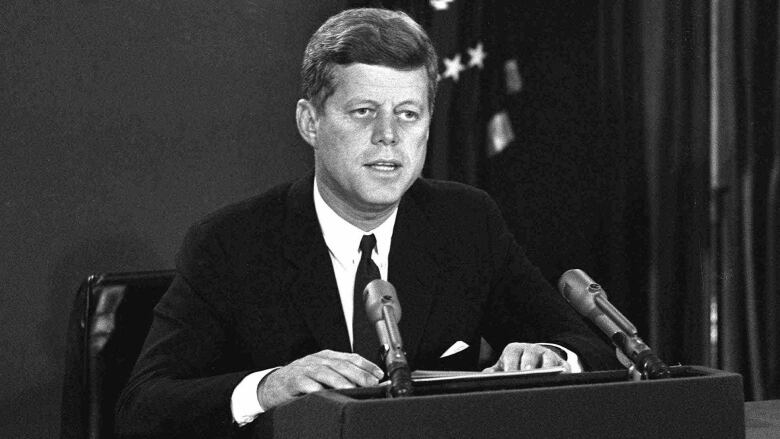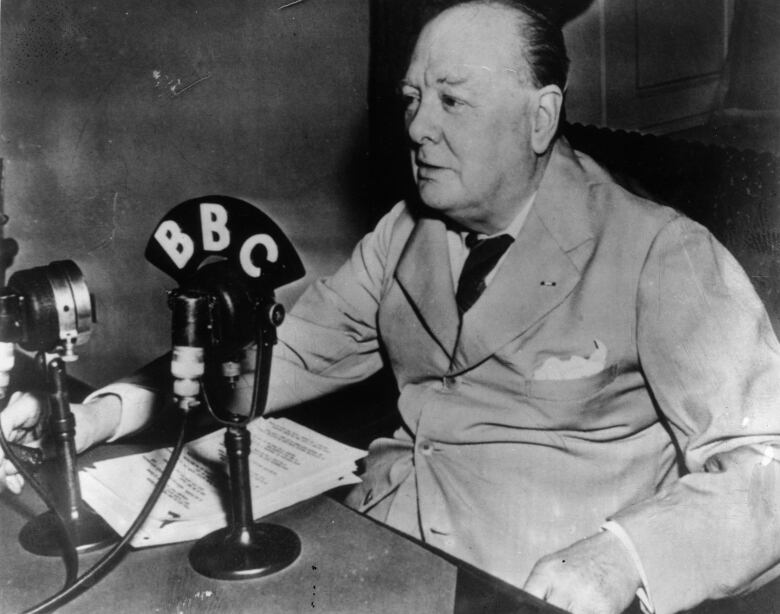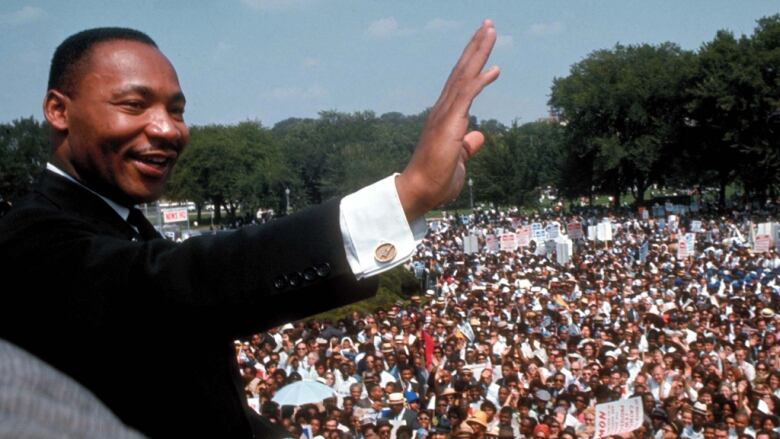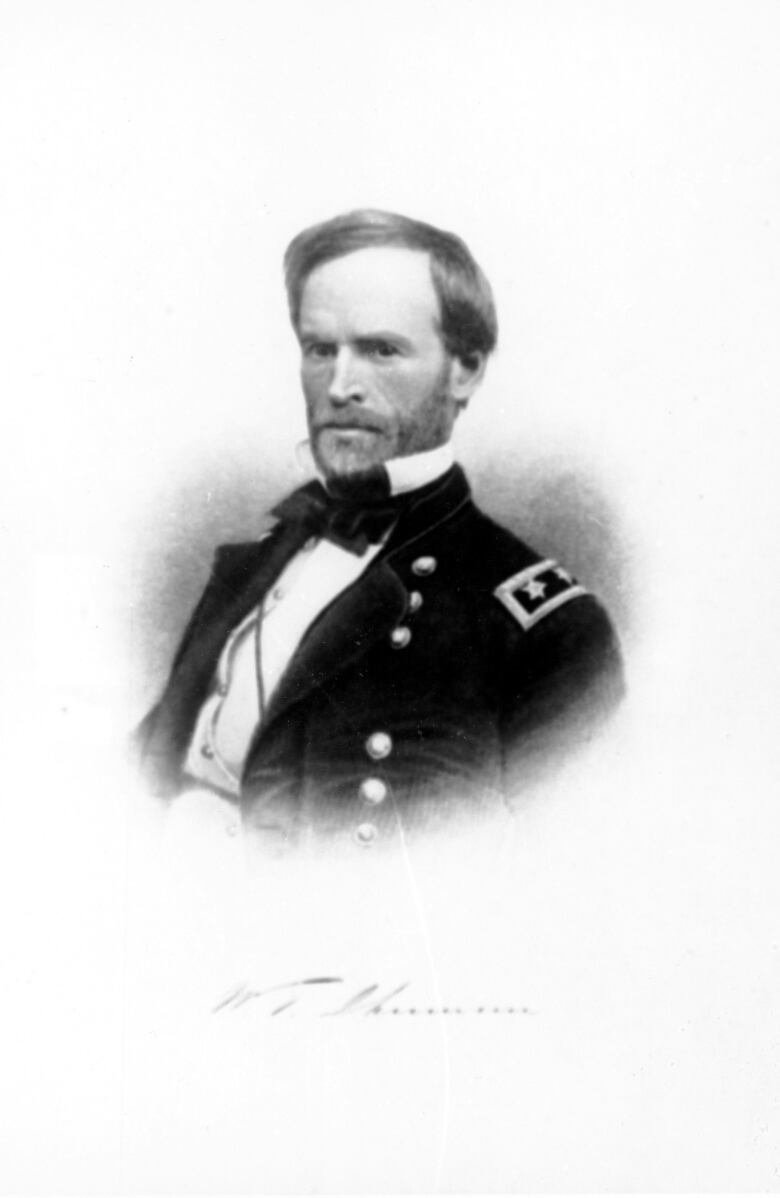Some great leaders had mental illness and it may have helped
U.S. Presidents Abraham Lincoln and JFK struggled with mental health issues, often depression

Some of America's greatest leaders in history have had mental health problems and it may have helped in times of crisis, psychiatrists and psychologists said.
U.S. Presidents Abraham Lincoln and John F. Kennedy, along with Civil War generals Ulysses S. Grant and William Tecumseh Sherman and civil rights leader Martin Luther King Jr., all struggled with mental health issues, often depression, said Tufts University psychiatry professor Dr. Nassir Ghaemi, who has written about historical figures' psychological issues.

He also points to British Prime Minister Winston Churchill and India's Mahatma Gandhi as major historical figures who thrived while having emotional issues.
"Some of those mental health problems can, in fact, make for greatness," said Katherine Nordal, a psychologist who heads the American Psychological Association's professional practice program. Other professionals agreed.

Saying someone has psychiatric issues, "in my view is a compliment," said Ghaemi, author of the book "A First-Rate Madness: Uncovering the Links between Leadership and Mental Illness." He used medical and historical records to analyze historical figures.

Manic depressive people are often more creative, more empathetic and realistic than the more mentally healthy, Ghaemi said. These people tend to succeed in times of crisis and fail in times of peace and prosperity, he said.
Two sets of leaders illustrate that.

Sherman was severely depressed, reportedly suicidal, while Gen. George McClellan was considered mentally healthy but not a successful general in crisis, Ghaemi said. Grant, who had a problem with alcohol, excelled during wartime but did not do well as a peacetime president, he said.
More recently, Churchill suffered repeated long bouts of depression which he was open about, calling it his "black dog."
His predecessor as prime minister, Neville Chamberlain, was the same political party conservative but more mentally healthy and yet didn't see the threat of Adolf Hitler.
Churchill thrived in the crisis of wartime but failed in the post-war peace and prosperity, Ghaemi said.
In a blogpost earlier this week, the president of the American Psychiatric Association reminded its members of the 1973Goldwater Rule.
"The unique atmosphere of this year's election cycle may lead some to want to psychoanalyze the candidates," Maria A. Oquendo, president of the APA, wrote, "but to do so would not only be unethical, it would be irresponsible."
With files from CBC News












_(720p).jpg)


 OFFICIAL HD MUSIC VIDEO.jpg)
.jpg)



























































































